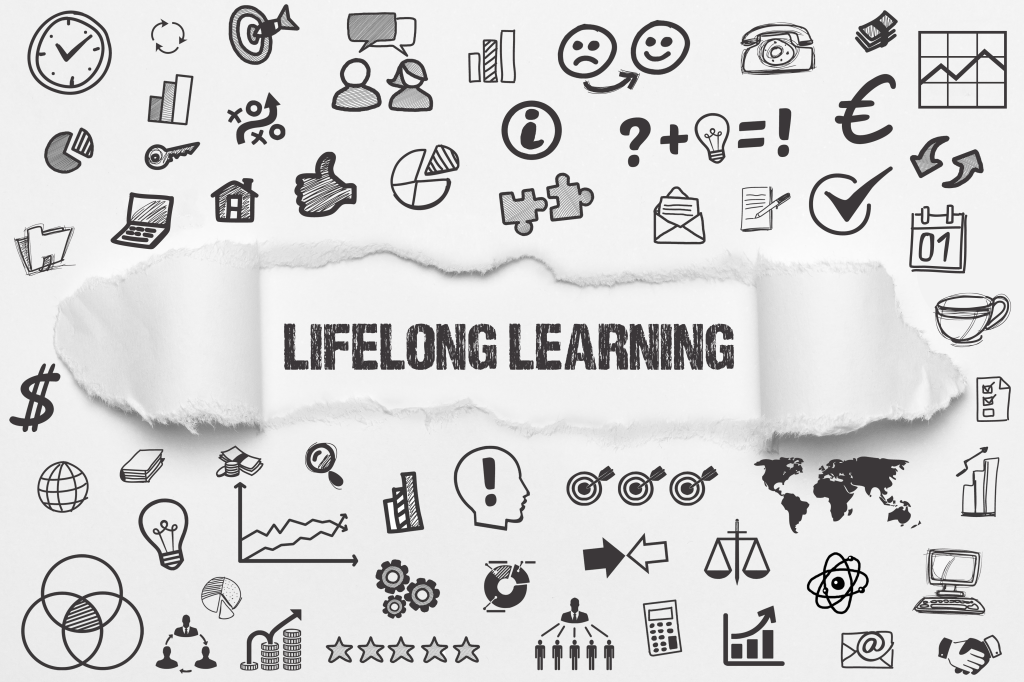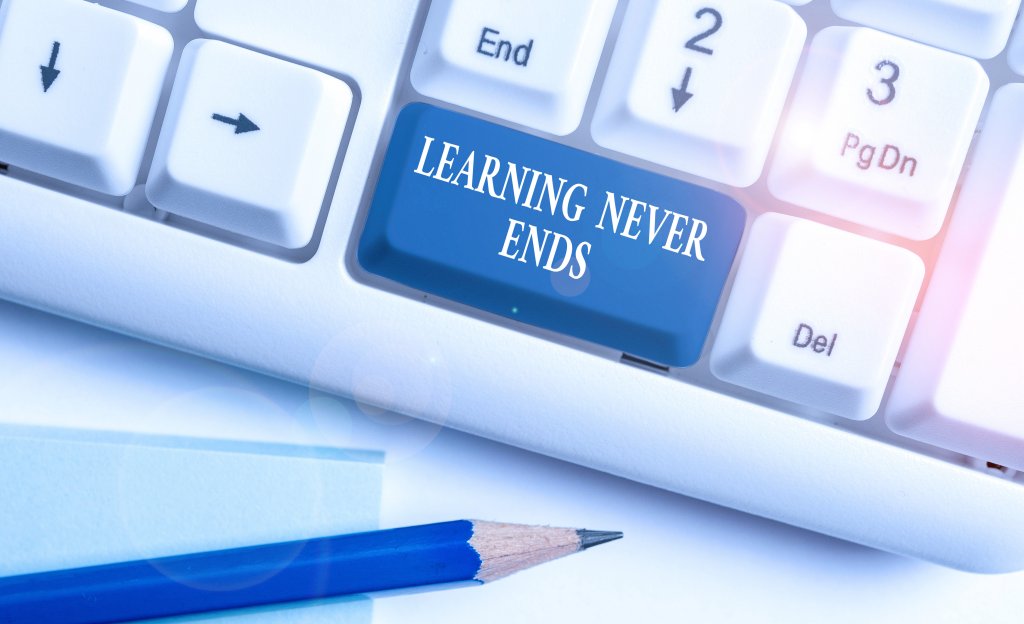In an era defined by rapid technological advancements and ever-evolving industries, the concept of lifelong learning has emerged as a cornerstone for personal and professional development. Embracing a mindset of continuous education not only enhances individual knowledge and skills but also brings forth a myriad of societal benefits. As the world navigates through a landscape of constant change, the significance of lifelong learning has never been more pronounced.
1. Adaptability and Resilience: Lifelong learning fosters adaptability and resilience in individuals, equipping them with the ability to navigate through uncertainties and challenges. In a dynamic job market where roles and requirements evolve rapidly, those committed to continuous learning are better prepared to embrace change and thrive amidst disruption. By staying abreast of emerging trends and technologies, individuals can remain relevant and resilient in the face of shifting professional landscapes.
2. Career Advancement and Opportunities: The pursuit of lifelong learning opens doors to a plethora of career advancement opportunities. Acquiring new skills and knowledge not only enhances one’s existing expertise but also broadens their professional horizons. Employers increasingly value candidates who demonstrate a commitment to ongoing development, making lifelong learners more attractive in the job market. Furthermore, lifelong learning empowers individuals to explore new career paths, transition between industries, and pursue entrepreneurial ventures with confidence.
3. Cognitive Health and Well-being: Engaging in continuous learning stimulates cognitive function and promotes mental well-being. Research indicates that lifelong learning activities, such as reading, attending classes, or learning a new language, can contribute to improved memory, critical thinking, and overall brain health. Furthermore, the intellectual stimulation provided by lifelong learning has been linked to a reduced risk of cognitive decline and age-related cognitive impairments, underscoring its role in promoting healthy aging and quality of life.
4. Personal Growth and Fulfillment: Beyond professional aspirations, lifelong learning facilitates personal growth and fulfillment. Whether pursuing a passion, delving into a new hobby, or acquiring knowledge for the sheer joy of learning, the journey of lifelong learning enriches individuals on a profound level. It nurtures curiosity, creativity, and self-discovery, fostering a sense of fulfillment and purpose. By continuously expanding their intellectual horizons, individuals cultivate a deeper understanding of the world around them and forge meaningful connections with diverse communities.
As society continues to evolve in the digital age, the importance of lifelong learning cannot be overstated. It serves as a catalyst for personal and professional growth, empowering individuals to adapt, thrive, and contribute meaningfully to a rapidly changing world. By embracing a commitment to lifelong learning, individuals not only invest in their own success but also contribute to the collective advancement of society as a whole. In an era defined by innovation and progress, lifelong learning stands as a beacon of opportunity, offering endless possibilities for those who dare to pursue knowledge without bounds.




